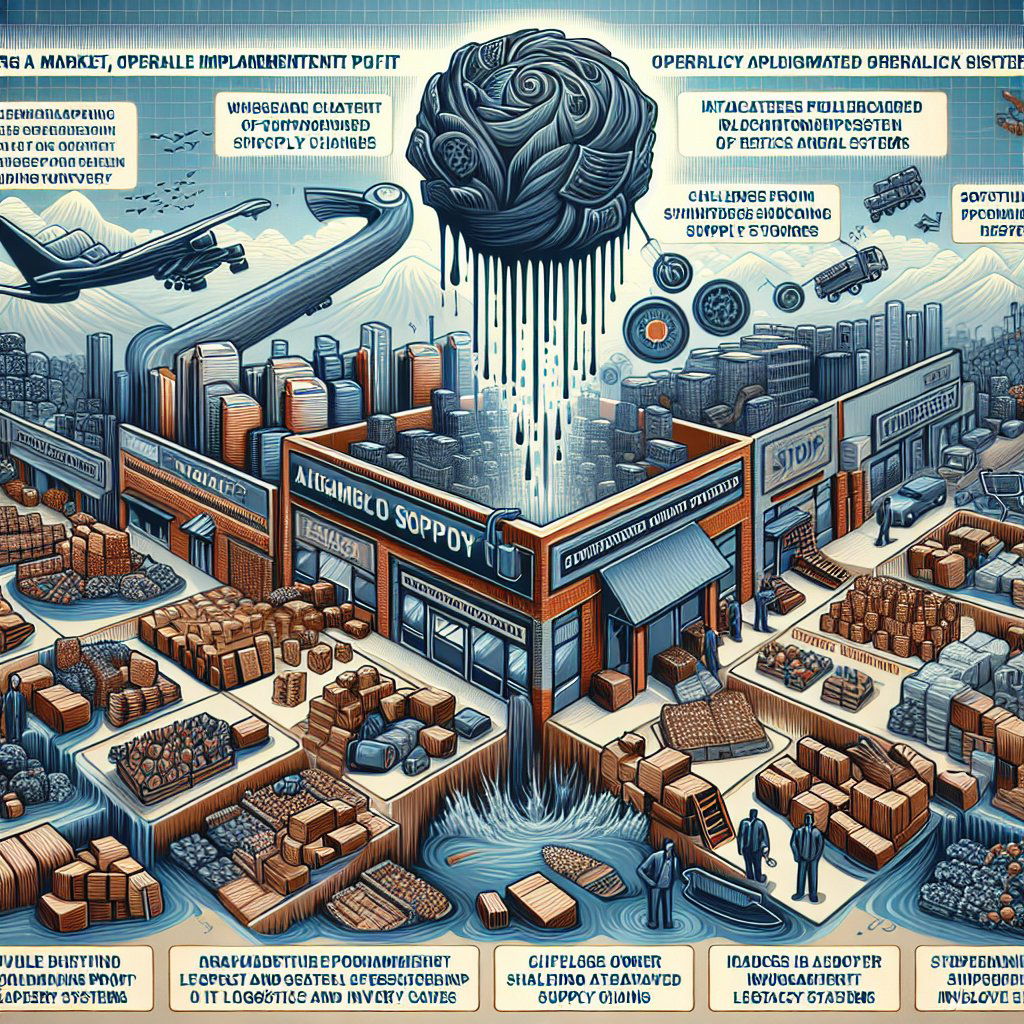Image: AI generated for illustration purposes
SPAR South Africa Faces Major Profit Decline Amid Software Woes
The South African retail sector has witnessed a significant shockwave as SPAR, one of the country’s largest wholesale operators, reported a drastic 47% nosedive in its operating profit. Financial figures have starkly dropped from R3.4 billion in the previous fiscal year to a concerning R1.8 billion. This nosedive in profitability is principally attributable to a severely mishandled software implementation in KwaZulu-Natal, SPAR's largest provincial market.
The software dilemma arose during what was intended to be a strategic upgrade to the company's logistics and inventory management systems. However, the rollout turned sour, leading to widespread operational disruptions. Consequently, retailers, who typically relied on SPAR for stocking their shelves, faced significant challenges in obtaining their usual deliveries. The supply chain disruptions coerced many store owners into seeking alternative suppliers to maintain inventory levels, directly impacting SPAR's sales volumes.
The impact of the software rollout failure reverberated through the company’s financials. Not only did the sales in KwaZulu-Natal dip sharply, but ripples were also felt across the South African operation. This compounded the losses for SPAR, a company that has traditionally prided itself on its robust logistics and distribution networks – pivotal to its wholesale and retail model.
Despite the remedy measures that SPAR has reportedly put in place following the fiasco, the full recovery of the lost ground remains uncertain. Recovery efforts have likely entailed considerable additional expenses, from corrective technological interventions to efforts aimed at reclaiming customer trust. Moreover, the incident raises questions about the company’s risk management and assessment practices, particularly concerning the deployment of critical IT infrastructure updates.
In the broader picture, SPAR’s tribulations underscore the vulnerability of large retail and wholesale operators to technological complications, and the importance of successfully navigating the digital transition within the retail industry. The decline in operating profit not only underscores the fragility of supply chains but also highlights the challenges many companies face when upgrading legacy systems to meet modern business demands.
The operational misstep by SPAR also places a spotlight on the necessary interplay between digital solutions and operational efficacy – a balance that, when disrupted, can have dramatic consequences for even the most established business entities.
SPAR has not released a detailed public statement addressing the full extent of the situation or outlining a comprehensive plan to prevent future occurrences. However, stakeholders and analysts will be watching closely to see how the retail giant adapts and what steps will be taken to strengthen resilience against such operational vulnerabilities. As the smoke clears, SPAR will need to demonstrate through action and strategy that this profit plunge is merely a hiccup in their long-standing market presence and not indicative of deeper systemic issues within the company.










